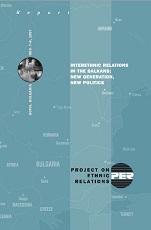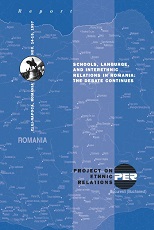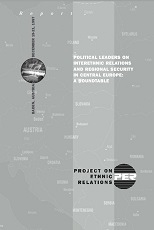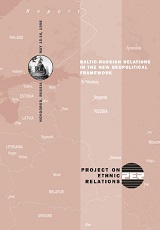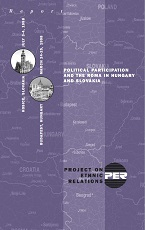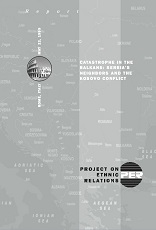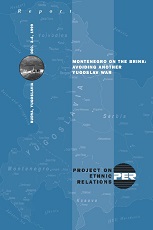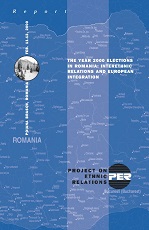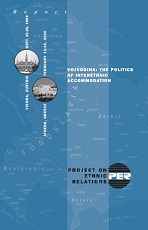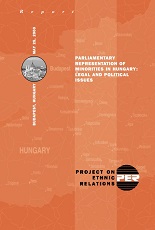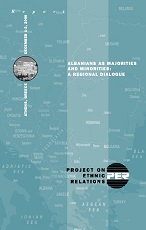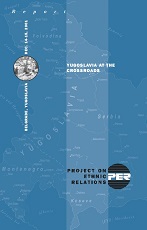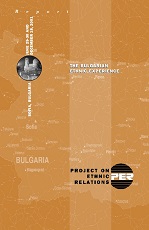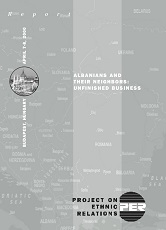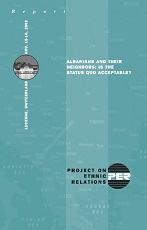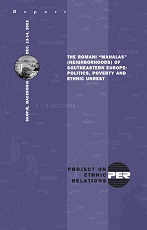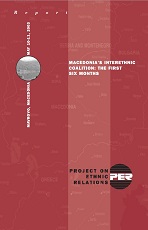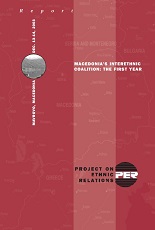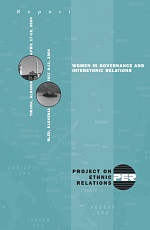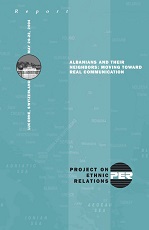Montenegro on the Brink: Avoiding another Yugoslav War
Author(s): / Language(s): English
Keywords: Montenegro independance;
Montenegro is a small republic—with a population of 635,000—which, together with Serbia, makes up today’s Federal Republic of Yugoslavia. It is at a crucial moment: the present government leadership is considering how to re-define its fundamental relationship with Serbia. On December 3-4, 1999 the Project on Ethnic Relations (PER) organized a meeting in Budva, on Montenegro’s Adriatic coast, about the status of Montenegro in Yugoslavia. Some 40 leading officials and policymakers from Montenegro, Albania, Croatia, Bulgaria, Macedonia, Romania, Bosnia and Herzegovina, Hungary, the United States, Italy, the OSCE and the United Nations, as well as from the Serbian democratic opposition, participated. They addressed Montenegro’s relationship with Serbia, its role in the western Balkans, and how Montenegro is managing interethnic relations, especially with its Albanian minority. The tenor was one of cautious candor, with an emphasis on positive accomplishments. Indeed, the uncertainty and lack of unanimity that characterized reactions to political developments in Montenegro reflected the open nature of the dialogue.
More...
